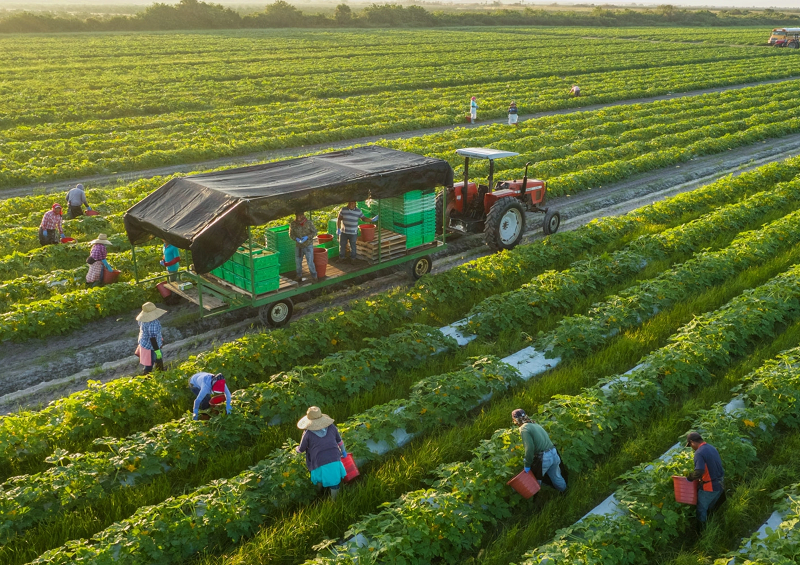Investing in farmland is significantly different and more intricate as compared to buying any other property land. However, it is a popular investment option that gives handsome returns, if utilized properly.
Owing to its remarkably different nature, you have spent several hours in research while looking for farmland for sale. Different parameters govern the decision of which land suits your goals the best. Here are some factors that you should keep in mind while buying farmland.
Check the previous use of the land
Different purposes can initiate a decision of purchasing farmland. You can use it as a farm, for vineyard, orchid, or others. Whether a given piece of land is suitable for your purpose or not heavily depends on its previous use.
For instance, a land that is left unused for years would not serve proper nutrients to your crop. For that reason, knowing its previous use is crucial while making your decision for purchase.
Test the soil for nutrition and acidity
Farmlands are mostly used for growing some or the other kind of crop on different scales. To successfully grow your preferred crop, you need assistance from the soil that provides the necessary nutrients and has a specific suitable acidity level.
Look for nutrients like phosphorous, potassium, magnesium, calcium, sulfur, etc. If you are planning to grow crops like corn, barley, peanuts, cotton, etc, look for pH between 5.5 and 6.5 while a 5 to 5.5 pH is suitable for potatoes, blueberries, etc.
Learn about the drainage system and possibilities
Stagnant water can cause crop diseases like root rot, molds, stem rot, and blight. It also becomes home to insects that eat plants. For that reason, choose land that has a well-designed drainage system that swipes away excess water without washing away the nutrients.
Pay attention to the land topology
You also need to ensure that the topology of the land matches the needs of the crop you choose to grow. While most farmers avoid steep hills that cause nutrients to wash down, such topology is no issue for arid regions. For instance, you can easily grow grapes on hillsides.
Find the availability and accessibility of resources
Farming is a resource-hungry activity. You need water, electricity, natural gas, and other resources to successfully raise your crop. While some lands are available in the vicinity of the main city, most farmlands are located in far rural areas. Make sure you have access to electricity, water, natural gas to ensure proper utilization of the land and good yield.
Evaluate the existing infrastructure
You need to create an ecosystem to utilize your farmland to its maximum potential. You should set up an infrastructure that facilitates the raising and selling of the crop. Make sure you have proper buildings to house machines like rollers, cultivators, tractors, etc.
There should be proper irrigation facilities and electricity. Also, ensure that your land is connected with the nearby city through well-built roads to facilitate transport.
Check for gas and mineral rights
This point is crucial as it can make your land ownership meaningless and uproot your crop in no time. When you purchase land, you do not necessarily own everything that is under the land surface. If other people having gas and mineral rights of your land find something, they can anytime come and start mining, making your efforts and money futile.










